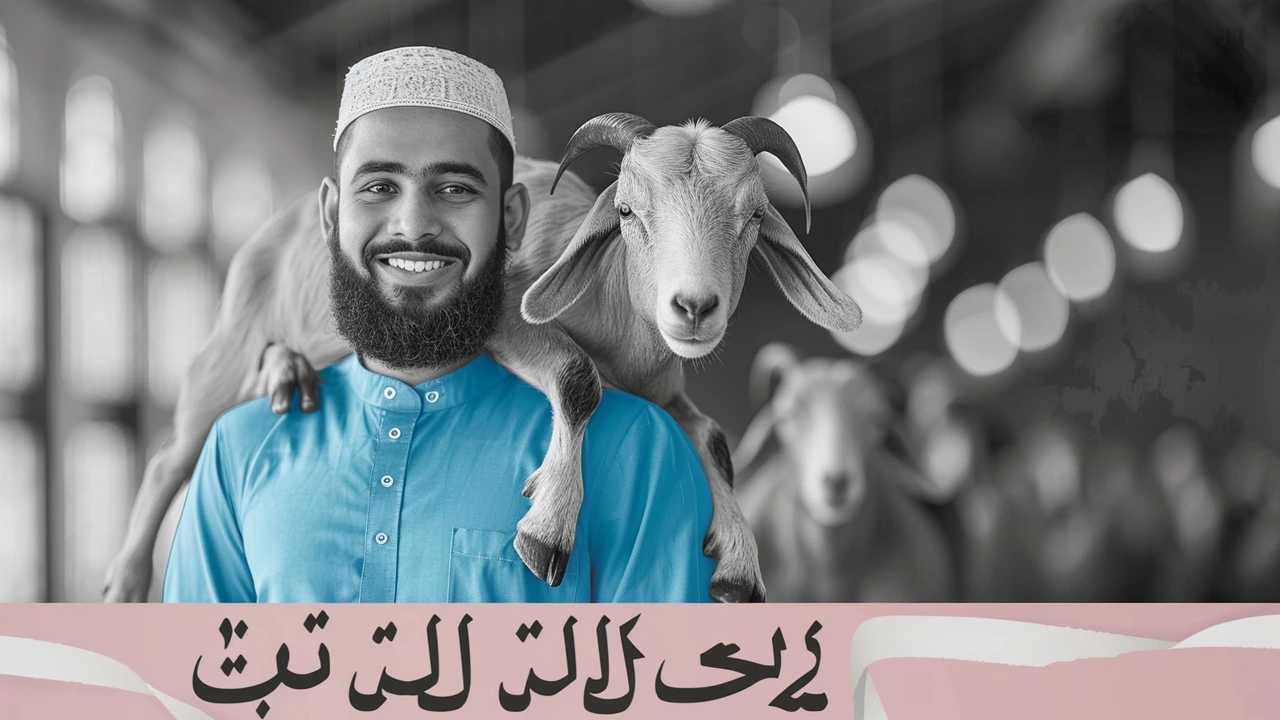Eid ul Adha 2024 – What You Need to Know
Ever wonder why Eid ul Adha feels so different from other holidays? It’s the story of faith, family and a simple act of sharing that ties millions together. In 2024 the celebration lands in early summer, and for many Africans it’s the biggest gathering of the year.
When and How the Date Is Fixed
Eid ul Adha follows the Islamic lunar calendar, so the exact day shifts each year. The holiday starts on the 10th day of Dhu l‑Hijja, the last month of the Hijri year, and it ends after three days of festivities. Astronomers and local moon‑sighting committees agree that the most likely Gregorian date for 2024 is Sunday, 17 June. Some countries may announce the day a day earlier or later depending on the sighting, so it’s worth checking your national committee’s final word a week before.
If you’re planning travel, book flights and accommodation at least two weeks ahead. Prices can jump once the announcement is made, especially for popular destinations like Mecca, Nairobi or Lagos where families gather for the prayers and the communal feast.
How Africans Celebrate Eid ul Adha
Across the continent the core rituals are the same: a special prayer, the act of Qurbani (sacrificing an animal), and sharing the meat with those in need. In Kenya, Tanzania and Uganda you’ll hear the call to prayer echo from minaret‑shaped mosques before sunrise, followed by a short sermon that reminds everyone of Prophet Ibrahim’s willingness to sacrifice.
After the prayer, families head to farms or designated slaughterhouses to perform Qurbani. In South Africa the practice is often done at licensed abattoirs to meet health standards, while in West Africa many still use traditional open‑air spaces. The rule is simple – one third of the meat goes to the poor, another third to friends and neighbours, and the final third stays with the family.
The feast is a colorful mix of local flavours. In Morocco you’ll find tagine with lamb, in Nigeria jollof rice with spiced goat, and in Ethiopia doro wat served with injera. Desserts like baklava, sweet dumplings or roasted dates finish the meal. Kids love the extra sweets and the chance to dress up in new clothes – a tradition that signals renewal and gratitude.
Charity goes beyond the meat. Many mosques organize food drives, clothing collections and cash donations for orphaned children. If you’re looking for a quick way to give back, consider donating a portion of your grocery bill to a local shelter or contributing to a community‑run zakat fund.
Travel tips: stay hydrated, especially if you’re in hotter regions, and carry a small bottle of water during the prayer and sacrifice. Wear comfortable shoes – you’ll be walking a lot, from the mosque to the market. And remember to respect local customs; some areas have specific dress codes for women during the prayer.
When the three‑day celebration ends, the spirit of sharing lingers. Many families keep a small portion of the meat frozen for later, turning it into stews that stretch into the week after Eid. This practice not only reduces waste but also keeps the communal feeling alive as you enjoy leftovers with friends.
Whether you’re attending the grand Eid prayer in a bustling city or joining a quiet family dinner in a rural village, the essence of Eid ul Adha 2024 is the same: gratitude, generosity and togetherness. Mark your calendar, plan ahead, and enjoy the holiday with an open heart and an empty plate ready to be filled.
Eid ul Adha, the Festival of Sacrifice, is a significant Islamic holiday that honours Prophet Ibrahim's devotion to Allah. Celebratory acts include charitable deeds, prayers, and festive gatherings. Exchanging heartfelt wishes is a cherished tradition that enhances the joyous spirit. Here are 50 meaningful Eid ul Adha wishes to share with loved ones.
More
